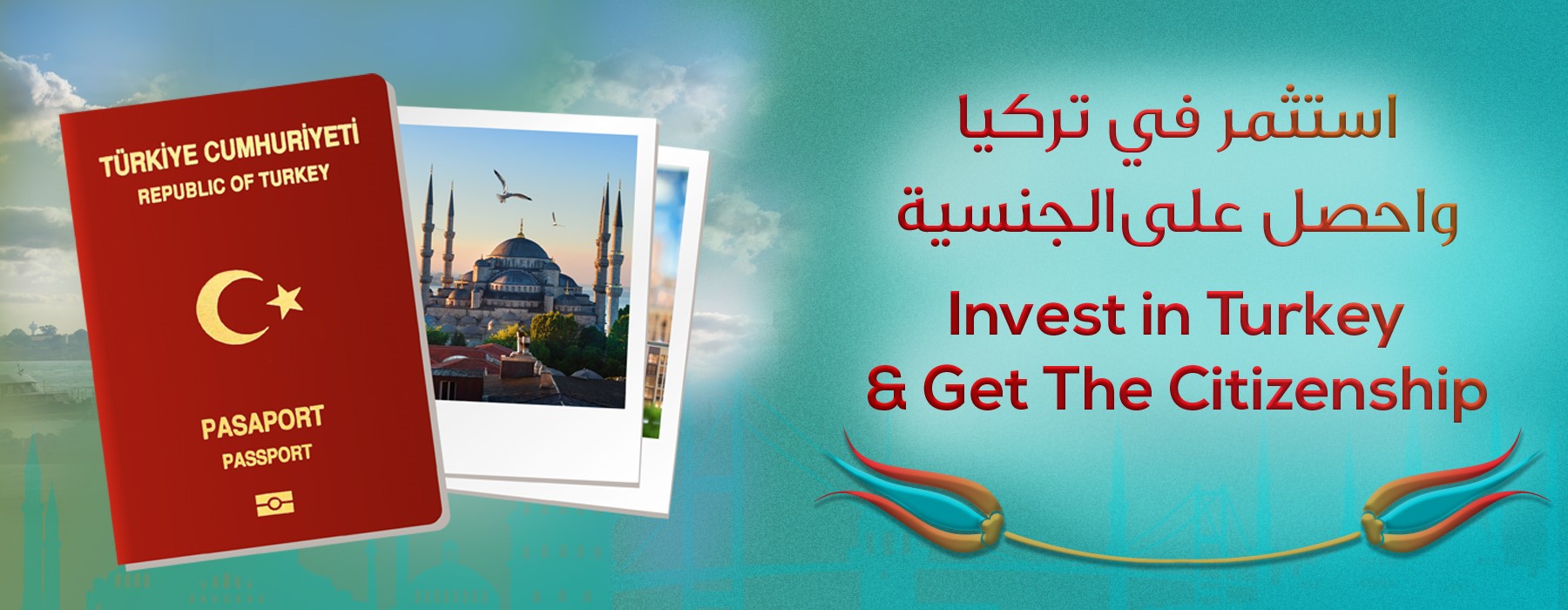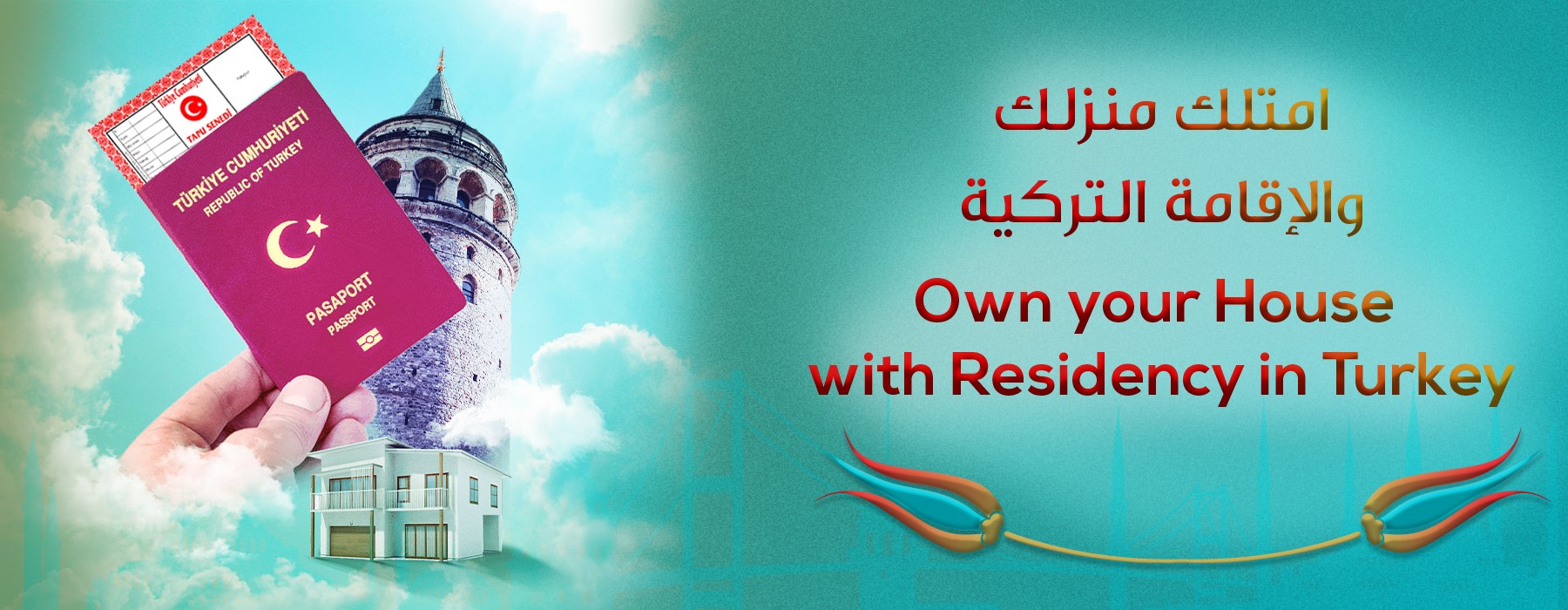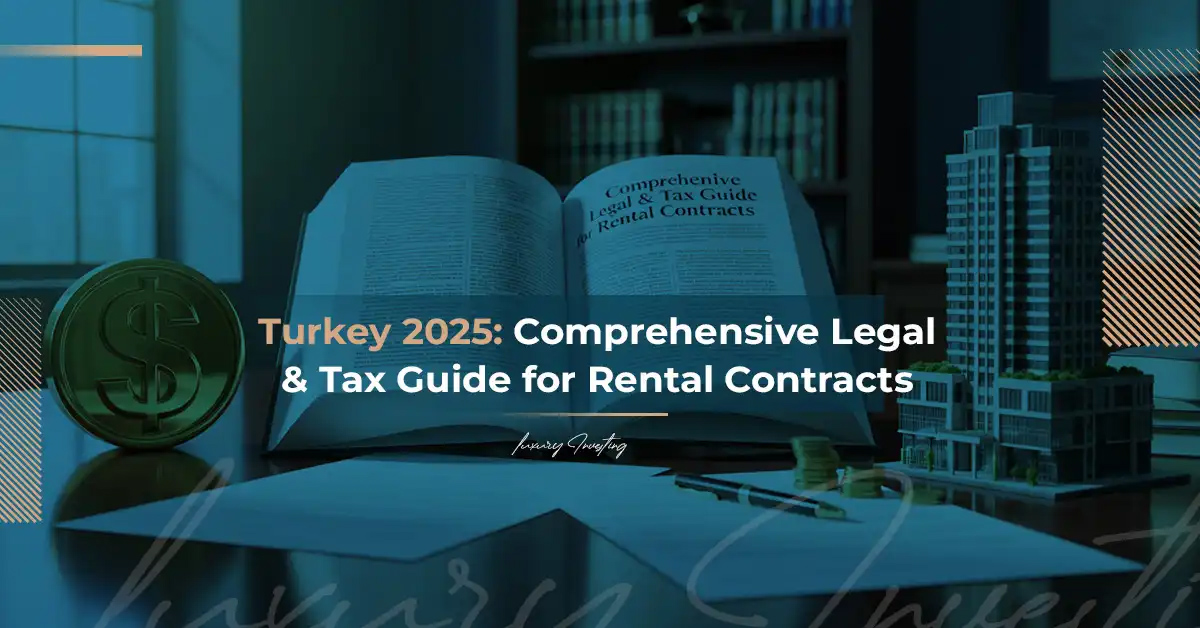Comprehensive Guide to Universities, Education Laws, and Foreign Student Registration in Turkey 2025
Higher Education System in Turkey Higher education in Turkey is supervised by the Council of Higher Education (YÖK), which ensures academic quality and international accreditation for educational institutions. The system consists of three main levels: Bachelor’s Degree (Lisans): 4 years Master’s Degree (Yüksek Lisans): 2–3 years Doctorate (Doktora): 3–5 years Turkish universities offer programs in both English and Turkish, in addition to preparatory language courses designed for international students. Registration of International Students in Turkish Universities As of 2025, the registration process has become much easier thanks to digital transformation and each university’s online application portals. Basic admission requirements include: Valid passport High school or bachelor’s diploma (translated and notarized) Passing the admission test (YÖS or SAT depending on the university) Language proficiency certificate (TOEFL or TÖMER) Proof of financial ability or a Turkish government scholarship Many universities now allow international students to complete their applications entirely online without traveling during the initial stages. Tuition Fees and Cost of Living in Turkey Tuition varies by university type and field of study: Public universities: $300 – $1,500 per year Private universities: $4,000 – $15,000 per year Average monthly living expenses range between $400 – $700, covering accommodation, food, and transportation. Students can also benefit from Türkiye Scholarships, which fully cover tuition, housing, and health insurance. Laws and Regulations for Foreign Students in Turkey According to 2025 updates, international students in Turkey are entitled to specific legal and academic rights, including: Obtaining a student residence permit after university admission Permission to work part-time during studies (after the first academic year) Access to public health insurance Eligibility to convert student residence to work residence after graduation Additionally, Turkey facilitates the opening of bank accounts, renting accommodation, and accessing e-Devlet, the national digital services platform. Student Residence and Legal Status All foreign students must apply for a student residence permit (Öğrenci İkameti) through the e-İkamet system shortly after entering Turkey or completing university registration. The permit is usually valid for one year and renewable annually throughout the study period. Note that a student residence does not serve as a work permit; a separate work permit (Çalışma İzni) is required for part-time employment. Part-Time Work for Students in Turkey Undergraduate and vocational students: may apply for a work permit after completing their first academic year; typically allowed to work 20–30 hours per week. Master’s and PhD students: can apply for a work permit from their first year and may work part-time or full-time depending on authorization. After graduation, students can apply for a short-term residence (1 year) under the “Turkish University Graduates” category to seek employment or start a business. Top Universities in Turkey (2025) Leading universities welcoming international students include: Istanbul Technical University (İTÜ) Bilkent University Boğaziçi University Koç University Sabancı University Ankara University Middle East Technical University (METU) These institutions are globally recognized and offer student exchange opportunities with universities in Europe and the USA. Recommended Majors in Istanbul (2025) As Turkey’s academic capital, Istanbul hosts many leading universities and programs. Top recommended fields include: Computer Engineering & Artificial Intelligence: Koç, Sabancı, Boğaziçi, İTÜ Business, Management & Finance: Koç, Sabancı, Boğaziçi, Bilgi, Bahçeşehir Architecture & Civil Engineering: İTÜ, Yıldız Technical, Mimar Sinan Medicine & Health Sciences: Hacettepe (Ankara), Koç Medicine, Istanbul University, Cerrahpaşa, Marmara Arts, Design & Media: Mimar Sinan, Bilgi, Bahçeşehir, Kadir Has Choosing the right major depends on the language of instruction, academic accreditation, industry partnerships, and available research facilities. Advantages of Studying in Turkey Studying in Turkey offers an integrated academic and cultural experience. Key advantages include: Affordable tuition and living costs compared to Western Europe or the US Strategic location bridging Europe, Asia, and the Middle East Diverse and international student environment Strong internship and industrial collaboration opportunities, especially in Istanbul, Ankara, and Izmir Modern research infrastructure and advanced laboratories Tips for International Students Verify diploma equivalency before applying. Apply early for university admission or scholarships. Use official university websites to avoid unlicensed agents. Keep certified and translated copies of all documents. Learn about residence and tax laws before arrival. Conclusion Turkey is an ideal destination for higher education in 2025 — combining academic excellence, cultural diversity, and post-graduation opportunities. Whether you aim for a globally recognized degree or a culturally enriching experience, Turkish universities offer the perfect balance of quality, opportunity, and diversity.



















